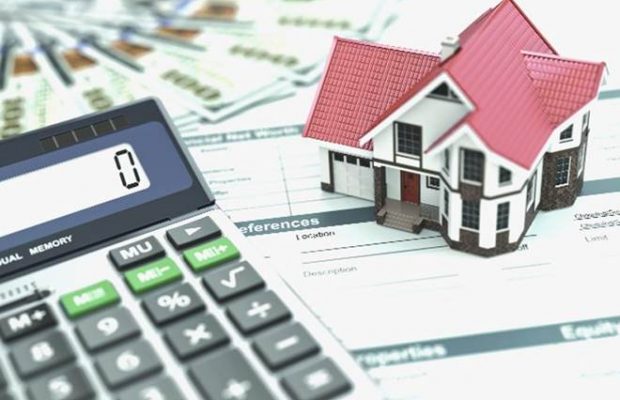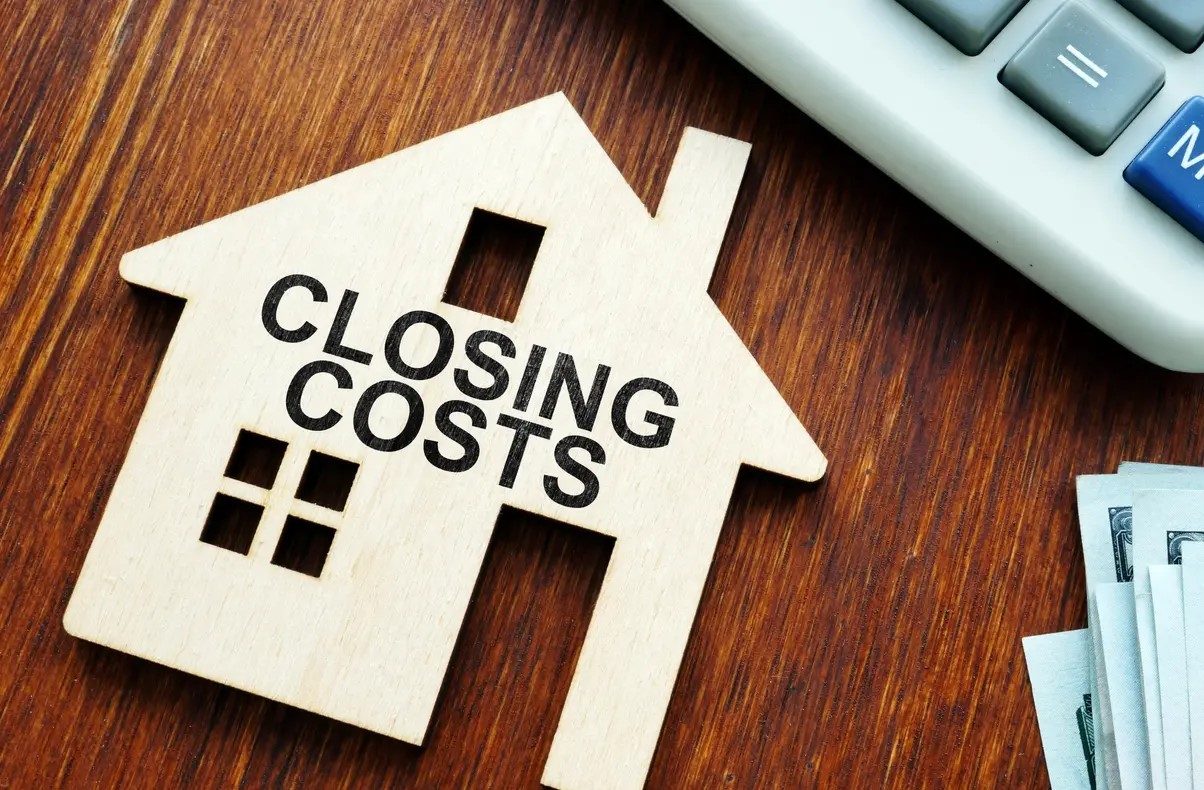How to be Financially Prepared to Buy Your First Home?

A first-time home purchase is an exciting but stressful experience. Before taking the plunge, it is essential to learn and understand all of your options. Financing a home can be complicated, especially if you are a first-time homebuyer who has never experienced the process before. If you’re ready to buy your first house but don’t know where to start, read on as we explore some tips for saving money and preparing yourself financially before buying your first home.
Maintain Your Budget

Where does your share of your monthly income go? What do you spend on rent, groceries, dining out, shopping, and entertainment? Begin by analyzing this. Make a budget after categorizing your expenses and determining how you’re spending your money. These days, you don’t have to do anything manually. There are various tools available to assist you in creating a budget. You can compare your earnings to your expenses and track how you spend your money.
This can assist you in reducing frivolous expenses and saving for your down payment. You don’t have to eliminate your lifestyle expenses; simply lower them. For example, if you currently eat out 10 times per month, reduce that to 5 or 6 to save money. Similarly, instead of purchasing ‘branded’ groceries for home cooking, consider switching to ‘house brands’ or generic ones, which may be less expensive. The same is valid for preceding expensive gym memberships to work out at home, taking public transportation to work, and so on.
Set Aside Funds for Future EMIs
Purchasing a home without a home loan appears to be impossible today. And home loans aren’t cheap. You’ll have to pay EMIs every month, which will most likely be much higher than the rent you’re currently paying. So, use an online EMI calculator to figure out how much you’ll need to set aside each month for your mortgage repayment. Once you’ve determined an amount, it may be a good idea to begin channeling your savings and investment returns to set aside that amount every month even before you start repaying your EMIs. This will be a good practice run for how you’ll handle your finances once the EMIs start.
Acceptable Credit Score
Another financial stumbling block for potential homeowners needing a mortgage is maxing out credit cards and paying bills late. It will be challenging to qualify for a mortgage if you have a poor credit score or, worse, no credit history at all.
Understand your ability to pay your monthly bills and the total amount of debt that could potentially impact mortgage payments in the future. An acceptable score can be challenging to assess because it varies depending on which lender you ask.
However, maxed-out credit cards aren’t the only thing on your mind. If you are consistently 30 or 90 days late on your other bills, your credit scores will drop again, and banks will refuse to lend money. If you are eager to buy a home, you need to act and work on your credit score.
Capacity to Pay Closing Costs

A home mortgage comes with several fees, and if you don’t know what to expect ahead of time, you could be in for a harsh financial awakening.
Although closing costs vary by the lender as borrowers pay for a different appraisal, credit report, attorney/closing agent fees, recording fees, and processing/underwriting fees, closing costs are typically 1% of the loan amount.
However, fees can account for up to 3% of the loan amount, and lenders must provide borrowers with a comprehensive good faith estimate of the fees that costs may incur on a specific type of loan.
While most attention is focused on preparing a sizable down payment, there is more to it than just your mortgage payments. Lenders consider income and debt-to-income ratio factors, but your credit score is also essential.
As you’re saving for your down payment, it’s important to remember that saving for a home is a marathon and not a sprint. You need to be patient and stick with your savings plan. If you keep working on it consistently, you’ll get there in the end.
With compliance with the right strategy, you will buy your house in no time!



